"Polish society experienced Russia's attack against Ukraine as if their homeland had been attacked. Evacuation plans were prepared in state institutions and offices, and children in kindergartens talked about who would take which plush toy if they were forced to flee. In such a state of agitation, it was difficult to understand Hungary's calm position seeking to avoid escalation," Mihaly Rosonczy-Kovacs told Magyar Nemzet when asked how well the Poles see and understand Hungary's pro-peace stance.
Sowing discord
The director of foreign relations at Nezopont Institute and board member of the Waclaw Felczak Foundation added that this is because
"the offshoots of the globalist disinformation machinery in Poland took advantage of the difference in the two countries' assessment of the situation. This machinery has always sought to poison Central European cooperation and especially Hungarian-Polish friendship as its driving force".
"The statements made by Hungary's leaders were misquoted, with half-sentences taken out of context in a bid to present Hungary's pro-peace position in false light. There was no talk at all about common strategic goals, and the vast majority of Poles had no information about Hungary's aid of historic scale provided to Ukraine," he pointed out.
This leads to the question: who has an interest in poisoning the centuries-old Hungarian-Polish friendship. Great and middle powers, for example, do not have an interest in the active cooperation between Central European nations, Mihaly Rosonczy-Kovacs opined. "In recent years, it has been proven several times: not only is the region economically successful, but with united action the region can also achieve political goals, such as curbing illegal migration in 2015," he said giving an example of joint success.
The political forces whose goals are at odds with ours are trying, from their point of view understandably, to disrupt Central Europe, to stoke feud, or at least distrust, between the countries of the region,
he warned.
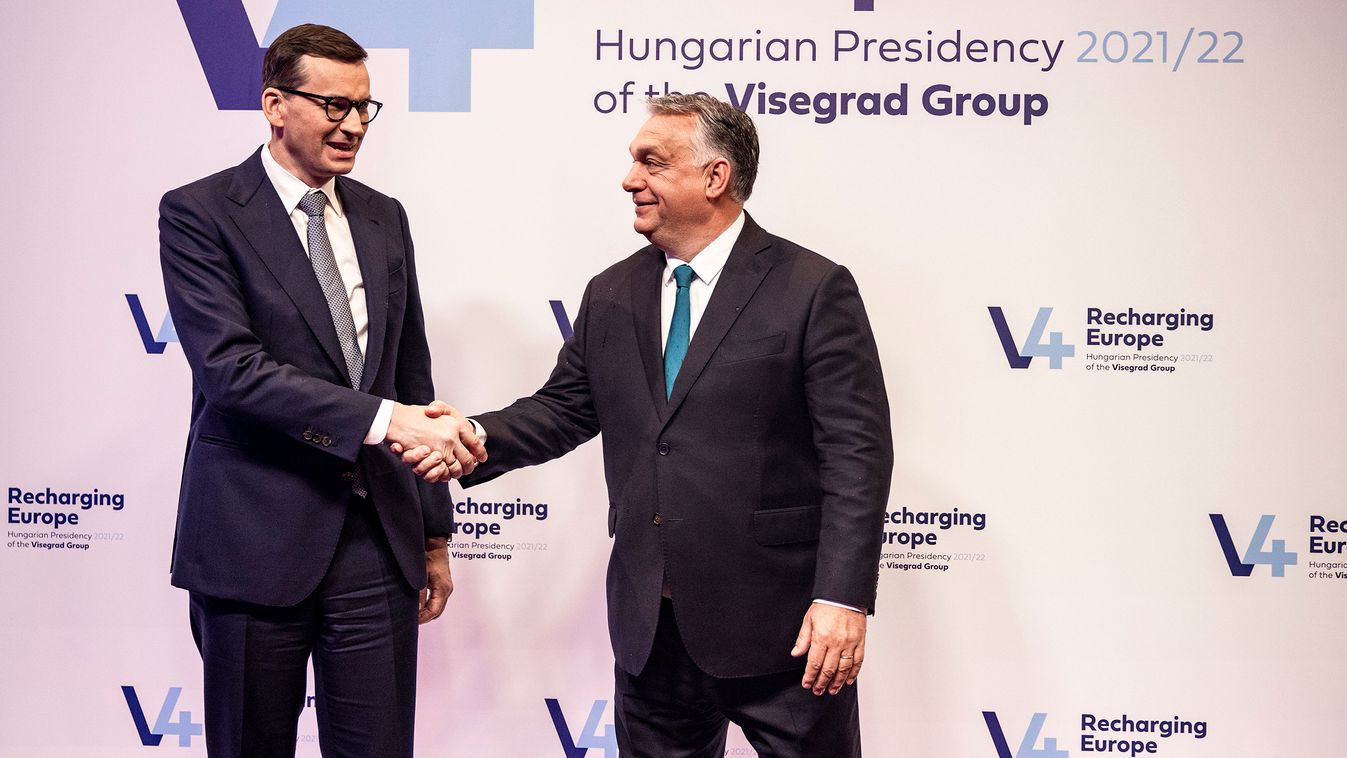
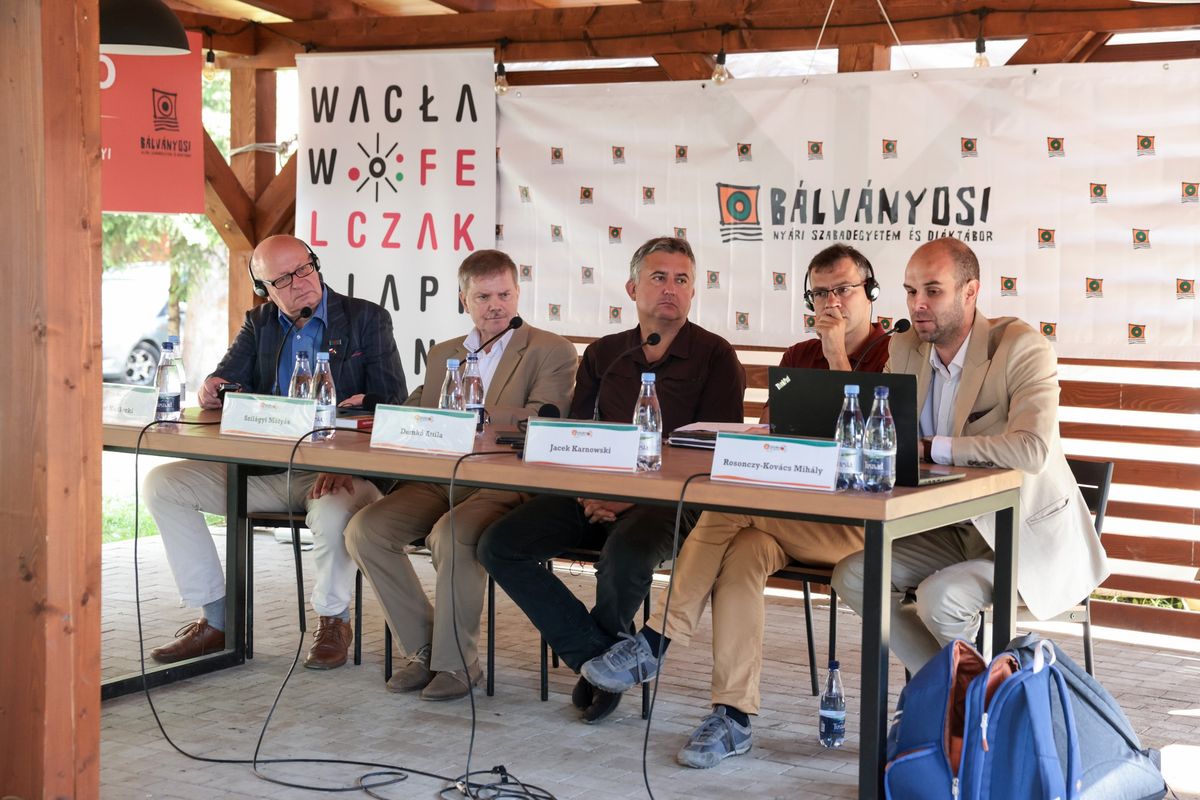
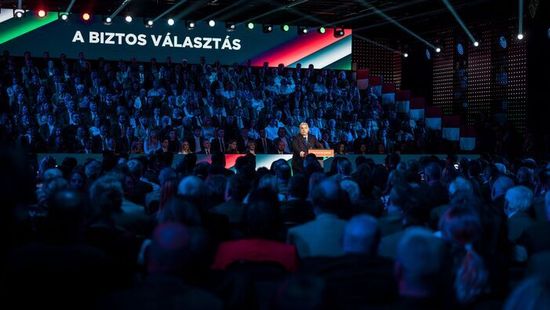
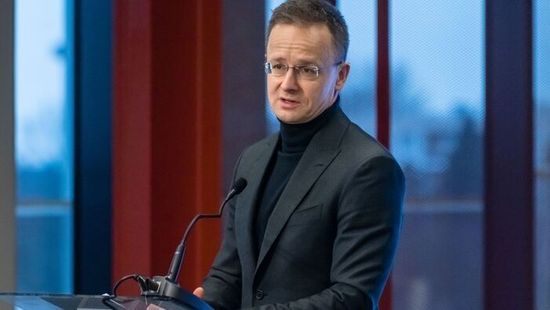
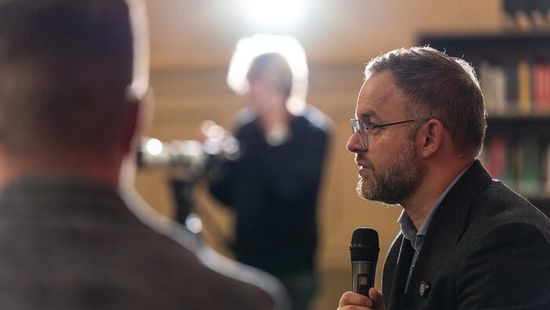
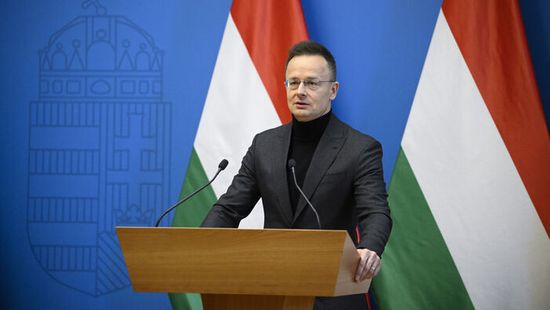

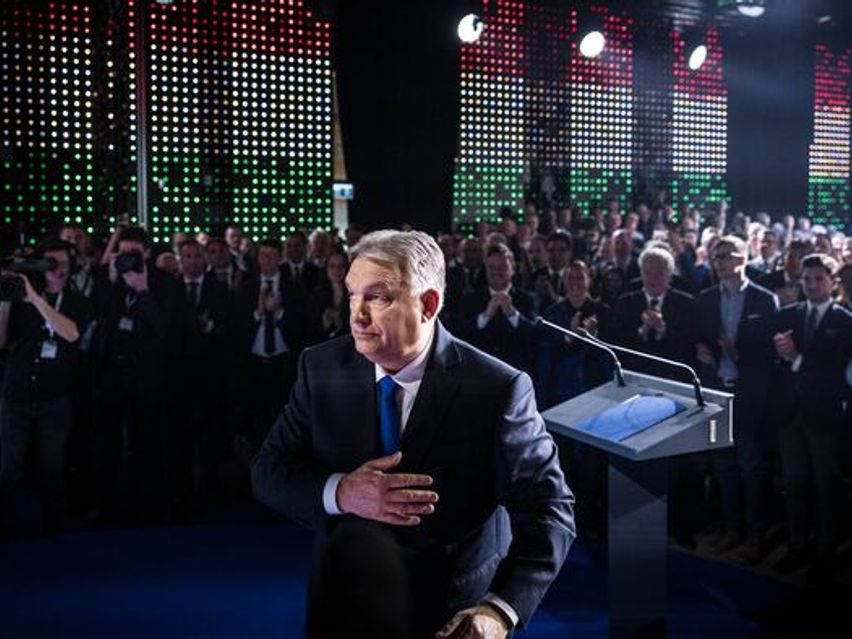
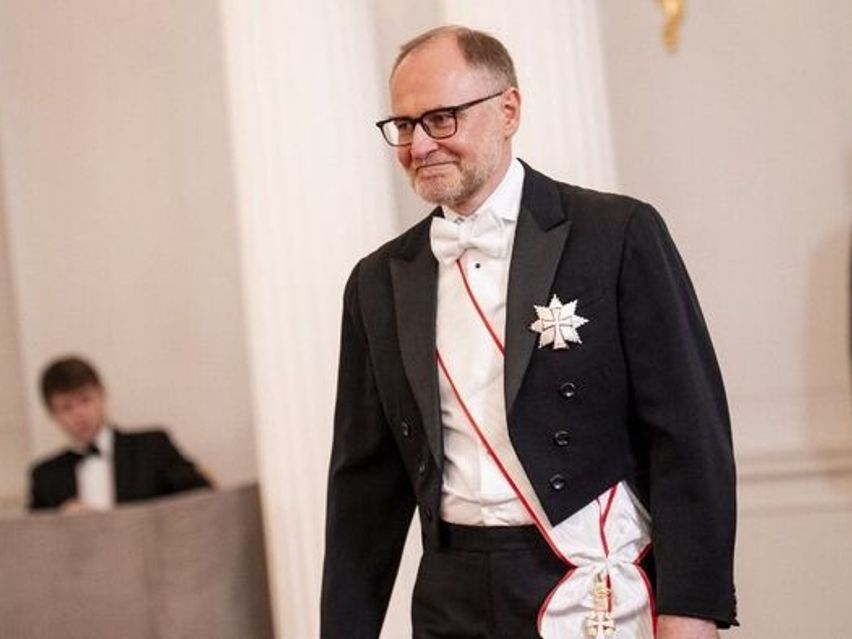
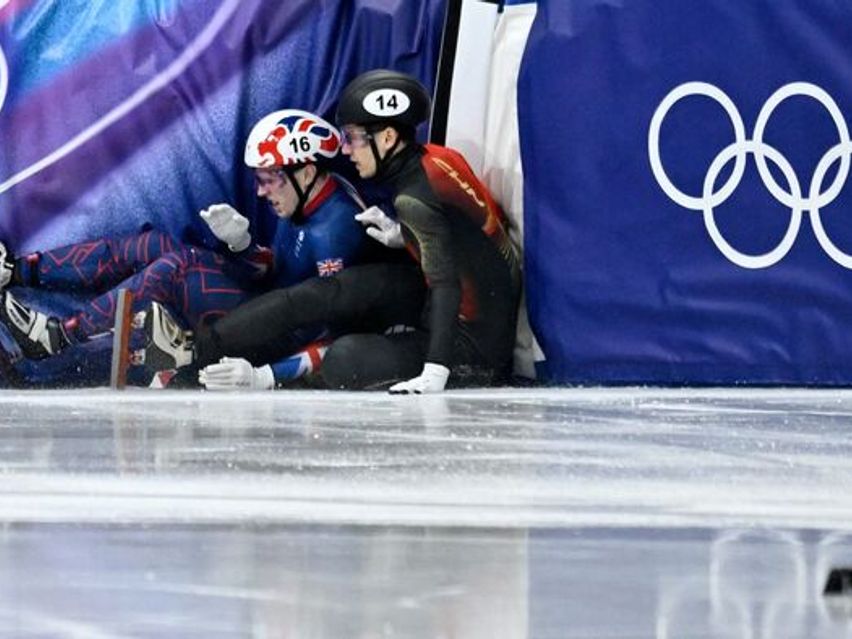
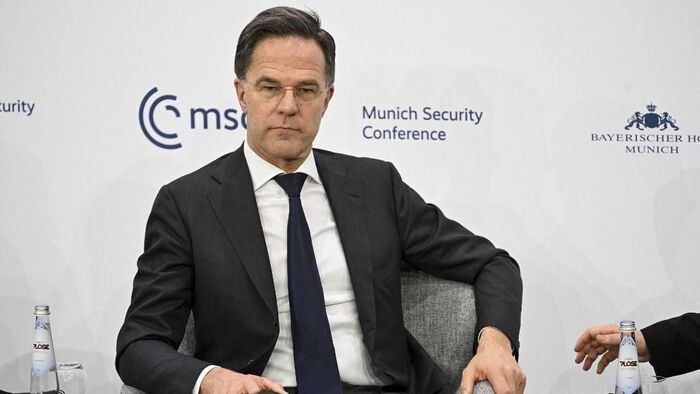

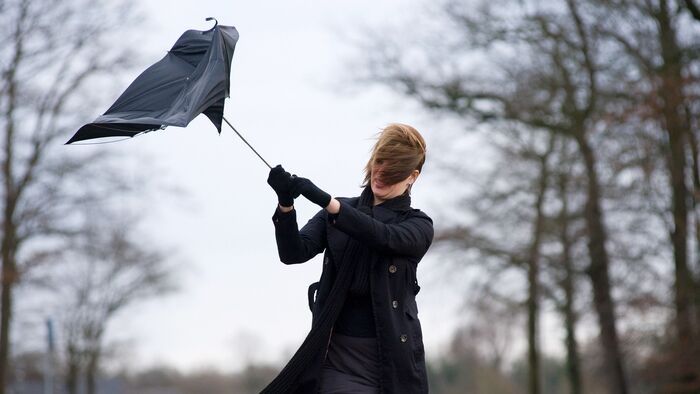
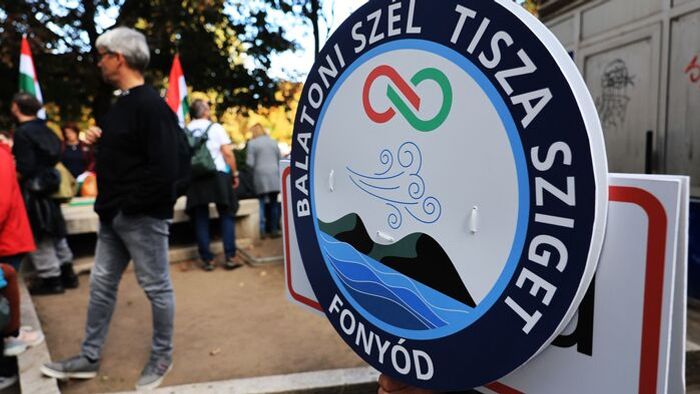
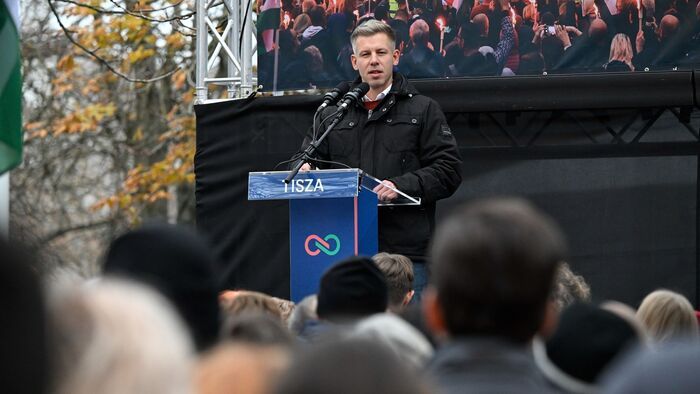
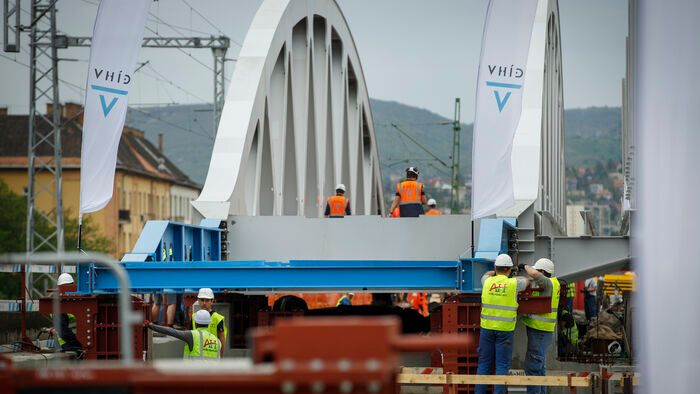
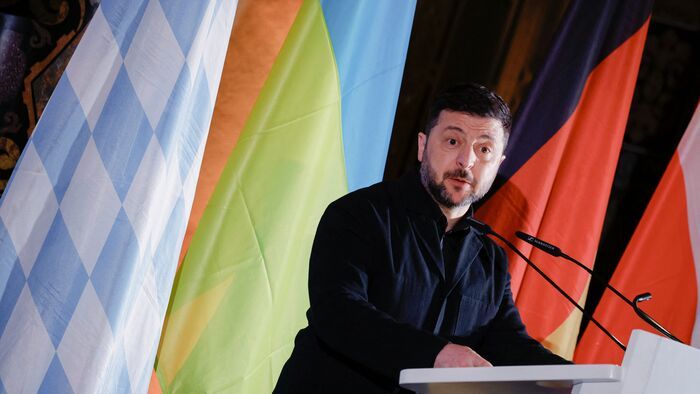
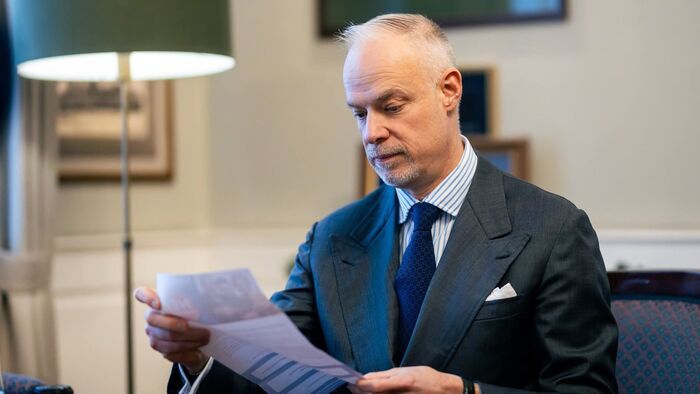
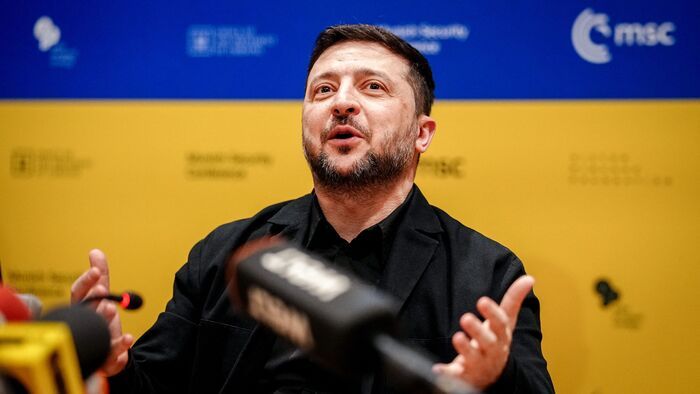

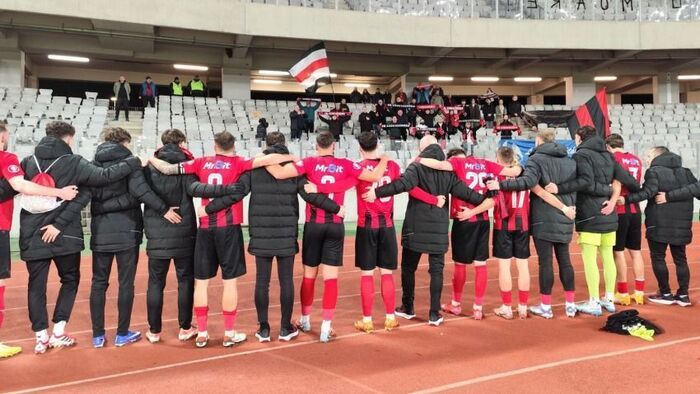
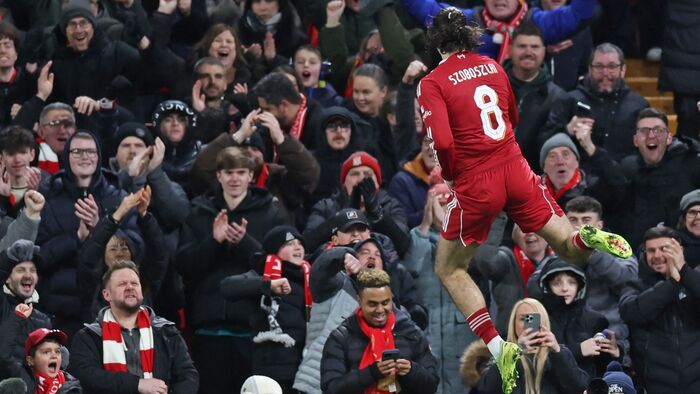
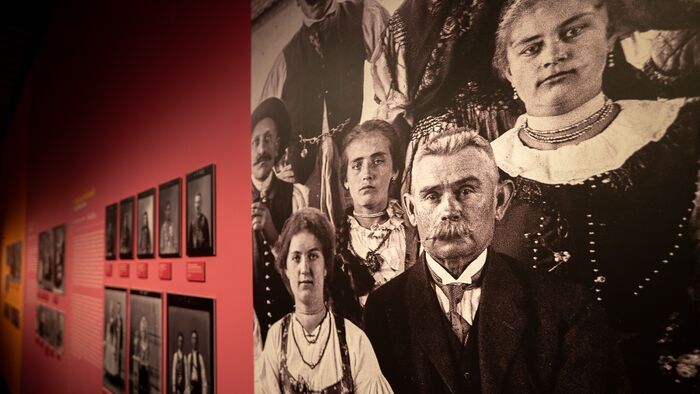

Szóljon hozzá!
Jelenleg csak a hozzászólások egy kis részét látja. Hozzászóláshoz és a további kommentek megtekintéséhez lépjen be, vagy regisztráljon!